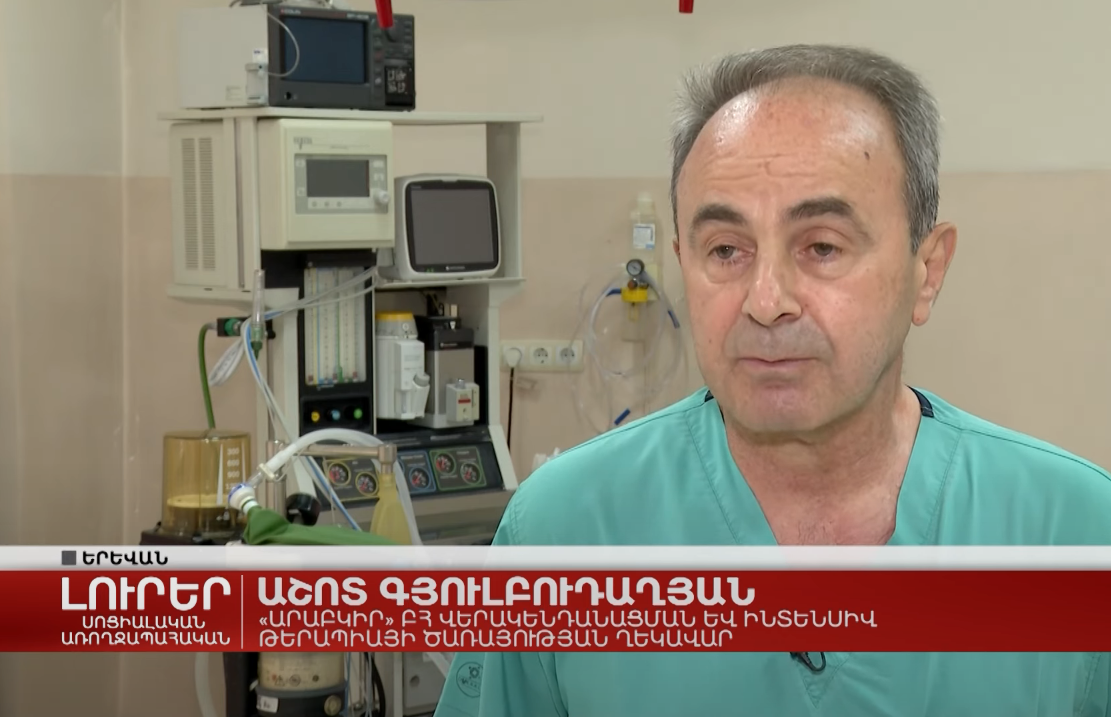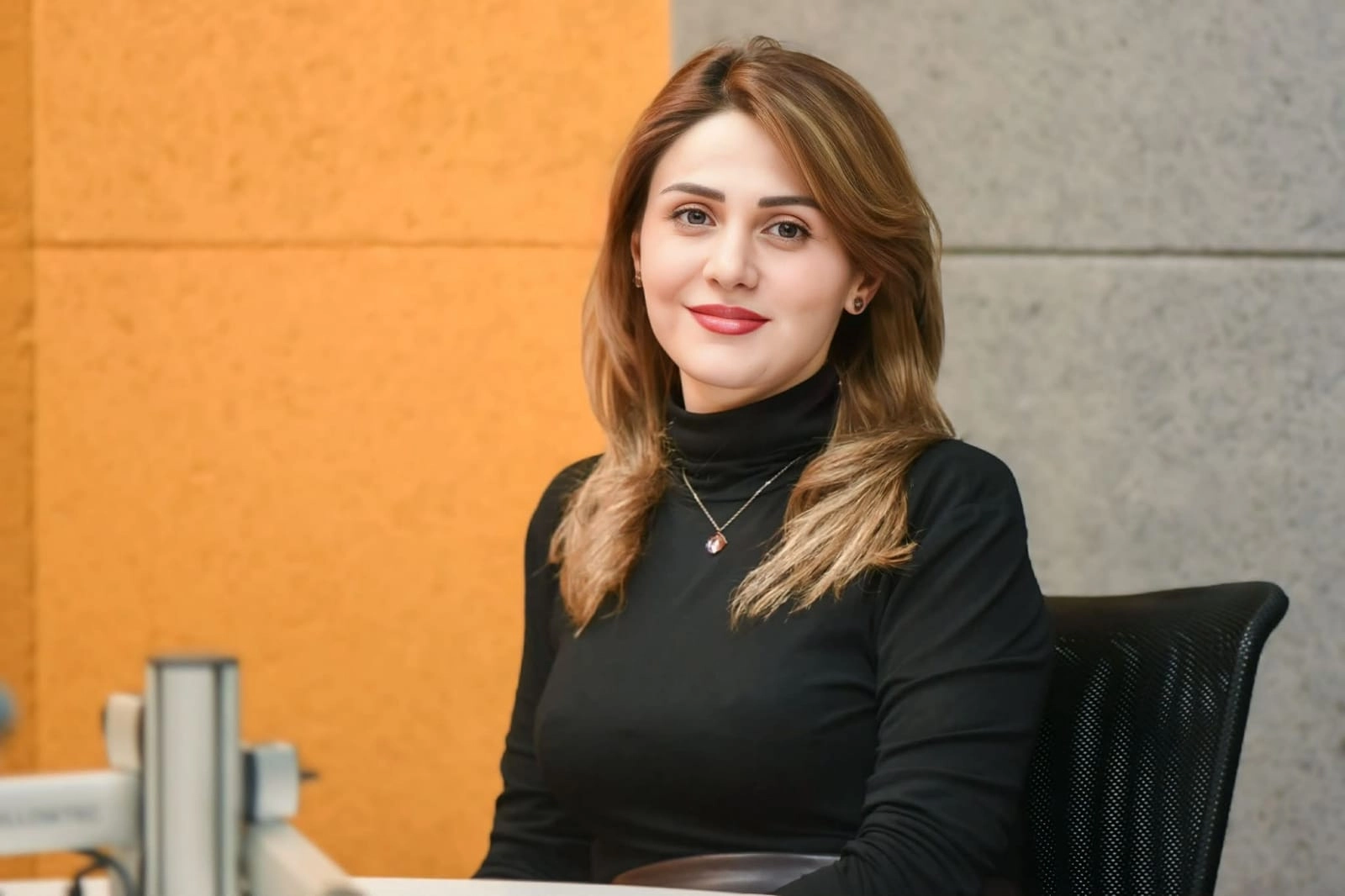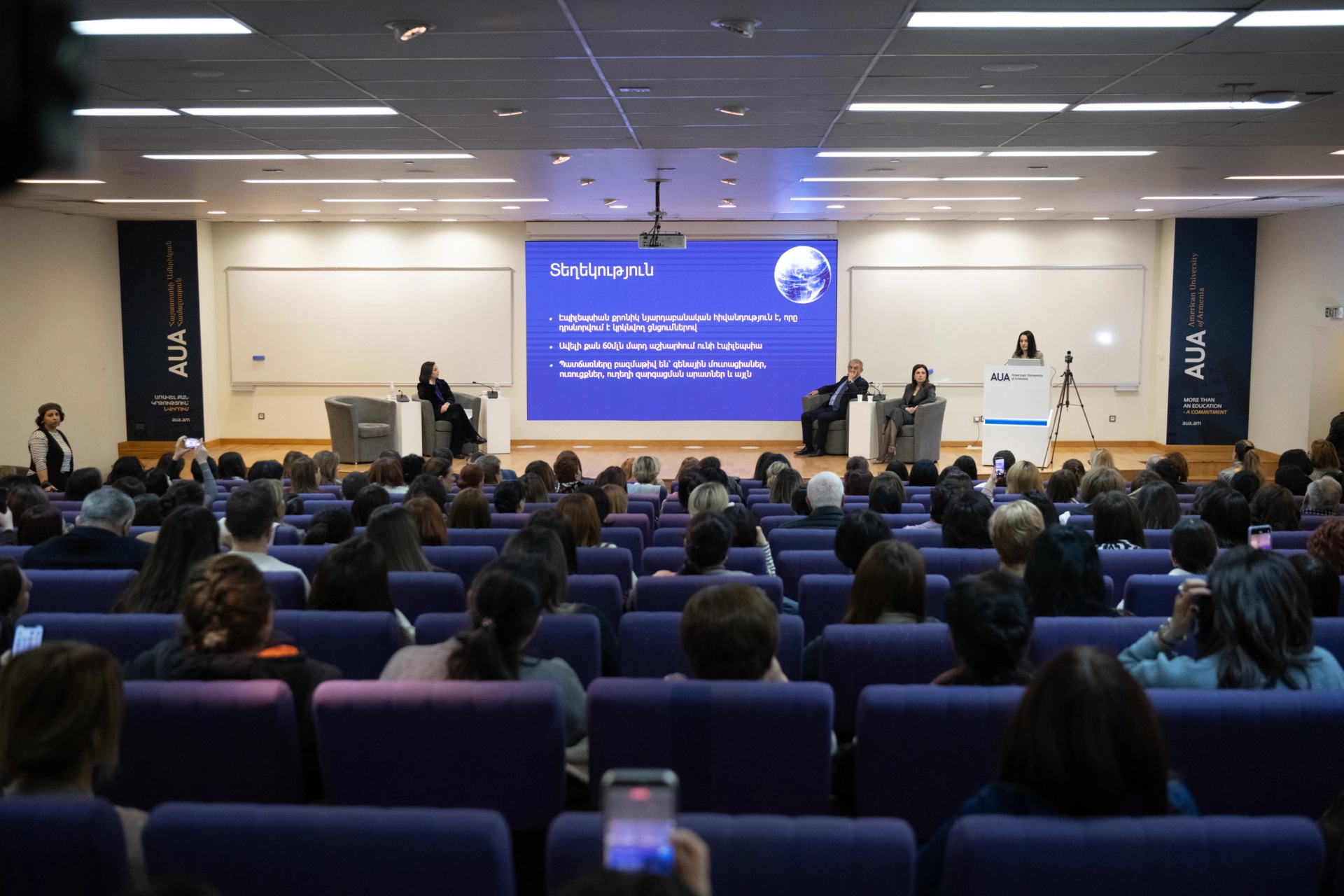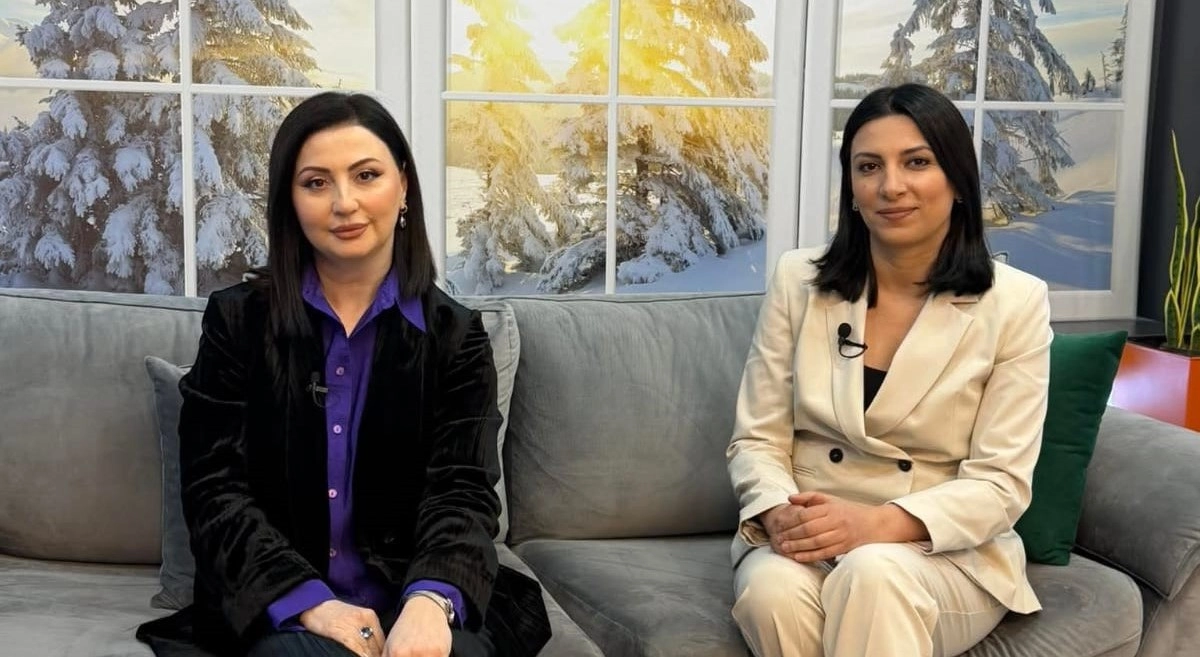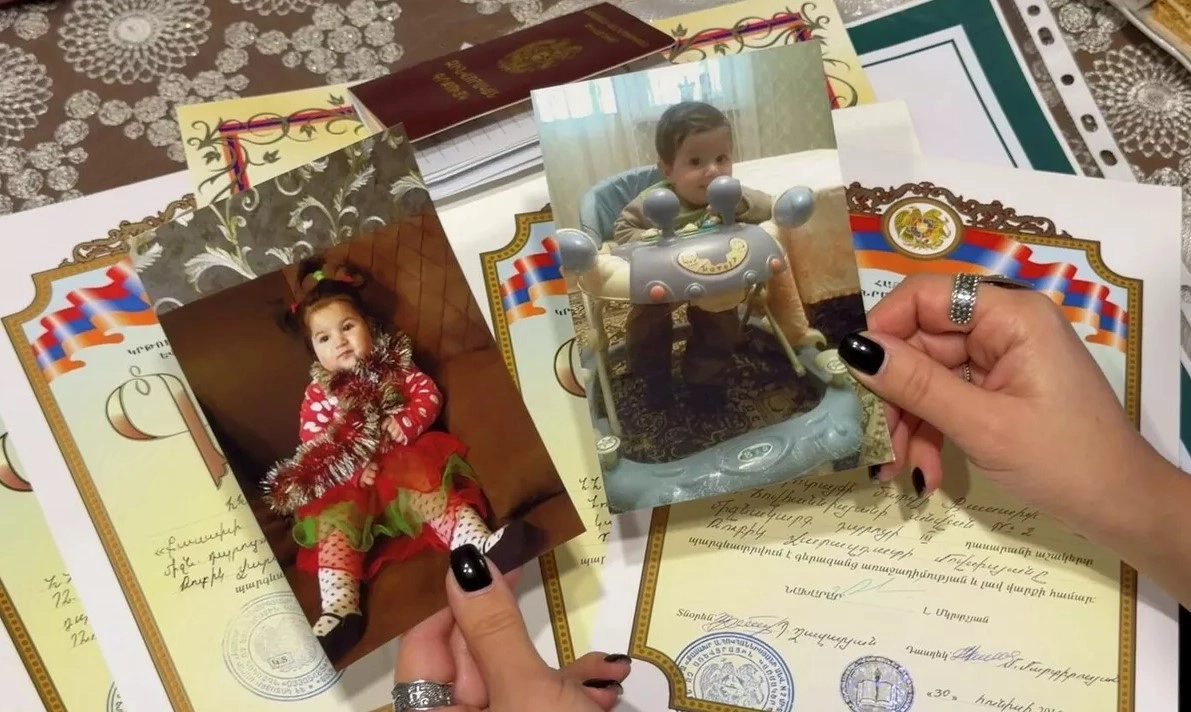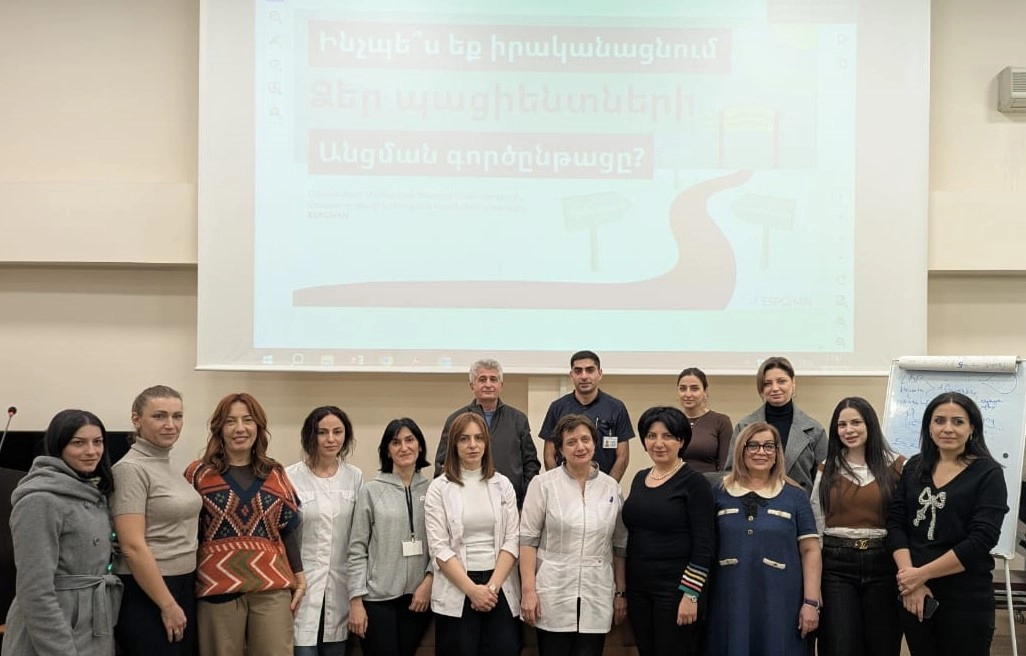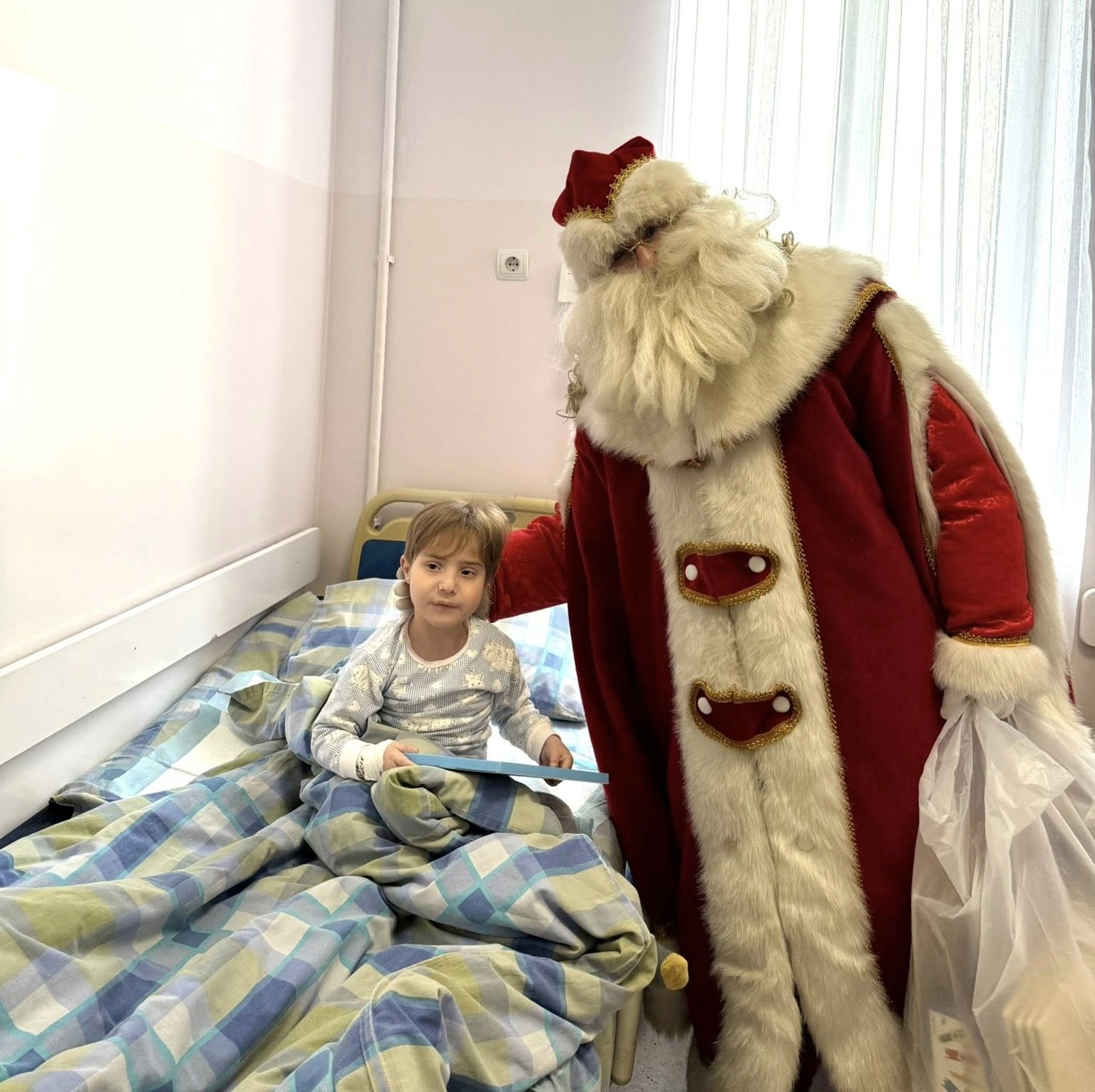Our dedicated team of specialists in the Resuscitation and Intensive Care Service successfully saved the life of another child, 2.5-year-old Arpi, who accidentally consumed pesticide from a juice bottle in their garden.
Dear parents, be cautious, keep medicines, pesticides and other harmful substances far away from areas accessible to children. The inadvertent, unconscious indigestion of such substances can lead to the most undesirable consequences.
Thank you, dear doctors.
Thank you, Public TV Company.
At the intensive care unit of "Arabkir" medical center, 2.5-year-old Arpi is peacefully sleeping. Just a few days ago, this child accidentally consumed a highly dangerous and potent agricultural pesticide from a juice bottle at home.
Ashot Gyulbudaghyan /head of the Intensive Care and Resuscitation Service of “Arabkir” Medical Center/ — It is a pesticide to clean trees, which is an organophosphorus compound and is highly toxic. To illustrate its potency, just one gram of this compound is enough to dissolve in 20 liters of water for use.
Doctor Gyulbudaghyan hurries to check the health condition of the child before the girl wakes up and gets into mischief. The little one is being prepared for discharge, or rather, to continue the further course of treatment at the Pediatric Toxicology center. The patient was brought from Charentsavan in an extremely critical condition that the doctors immediately put her on artificial respiration. The case gained attention through a social media post: the life of the little one depends on us, we need to find the medicine that was not readily available. People even offered assistance from Moscow. However, fortunately, the necessary product was found on-site.
Ashot Gyulbudaghyan /head of the Intensive Care and Resuscitation Service of “Arabkir” Medical Center/ — Organophosphorus compound has two antidotes: we had one and administered it immediately. However, the second was not available at our hospital. We contacted the Pediatric Toxicology department, resuscitation in Muratsan, but they did not have it either. Then they contacted the adult toxicology department in Cheryomushka, where the second antidote was available. The parents brought it, and we administered both antidotes.
The worst is now behind us. The complications that arose from the pesticide exposure and affected the cardiovascular and respiratory systems have been overcome. Arpi has been breathing on her own since Thursday. Thanks to the intensive treatment, they managed to avoid damage to her liver and kidney. However, there are still certain neurological consequences such as convulsions, hand tremors.
Ashot Gyulbudaghyan /head of the Intensive Care and Resuscitation Service of “Arabkir” Medical Center/ — As of today, the child’s health has significantly improved, showing positive dynamics. Her consciousness is clear, she is eating normally. Her reactions to the environment are within the expected range. She has certain neurological disorders that result from poisoning, but they are transient.
The important thing is that the body rids itself of the poison. The indicators of our small patients, from fever to food, are recorded in the logbook by the nurses who monitor their health around the clock.
A fragment from nurses’ conversation — The condition is stable. As I can see, she is sleeping. Yes. She will be fed at 11:30, 150 ml.
It is unknown how much pesticide Arpi consumed. The specialist says that one sip, even 5 milligrams, is considered a lethal dose for her weight. In this case, doctors were able to save her, because the child was not hungry, preventing rapid absorption of the substance into her bloodstream. Moreover, the mother promptly induced vomiting, leading to the expulsion of some of the poison.
“I am grateful to everyone” said the father, who requested not to be filmed, and wanted to convey his appreciation. Pediatricians strongly urge him and all parents to be vigilant in keeping medicines and various household chemicals out of reach of children. Among 2-5 year olds, accidental poisoning is particularly dangerous, as they often put into their mouths what gets into their hands without understanding.

 English
English
 Հայերեն
Հայերեն Русский
Русский